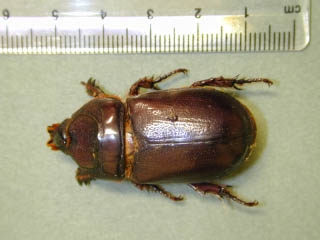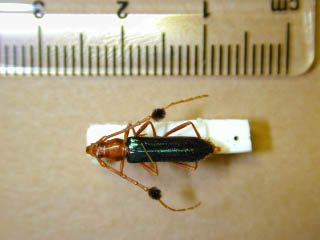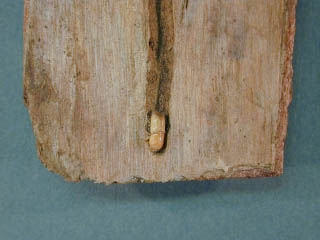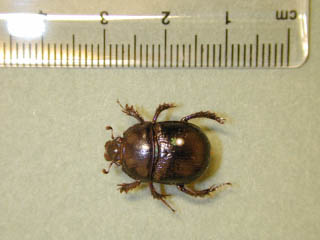
|
INTRODUCTION - THE IMPORTANCE OF BEETLES - WOOD BORING & PESTIFEROUS BEETLES |
THE IMPORTANCE OF BEETLES
Over 350,000 species of beetles are assigned to the Order Coleoptera, which is the largest order of insects. Beetles represent a fifth of all living organisms. 20,000 occur in Europe: more than 4,000 of these in Britain (Chinery 1993).
Along with this species richness, beetles have an amazing range in form and body size. The Order Coleoptera not only contains some of largest and dazzling of all insects but also contains some of the smallest and dull. This diversity is also apparent in the range of life cycles and ecological interactions that are seen in beetles (Csoka & Kovacs 1999).
 |
 |
| Oryctes rhinoceros | Compocerus equestris |
Nearly every strategy of biological life is represented in this group of insects that arose in the Permian period 240 million years ago (Evans & Bellamy 1996). Beetles have invaded nearly all habitats and exploited all possible food sources. They include plant feeders, scavengers, predators and parasites that can be found in habitats from the Polar Regions to the equator.
Many beetles are serious pests: bark beetles can cause great harm to trees,
some other species can infest foodstuffs whilst chafers and leaf beetles can
cause serious harm to crops. In contrast to this, many beetles are beneficial
and play an important role as nutrient recyclers returning organic matter through
multitrophic interactions, which contribute to soil fertility. This great diversity
and ability to adapt, along with being a key component in the workings of the
biosphere, make beetles one of the most abundant and successful of all insects.
 |
 |
| The bark beetle Ips sexdentatus in wood | The dung beetle Geotrupes stercorarius. |
|
INTRODUCTION - THE IMPORTANCE OF BEETLES - WOOD BORING & PESTIFEROUS BEETLES |






